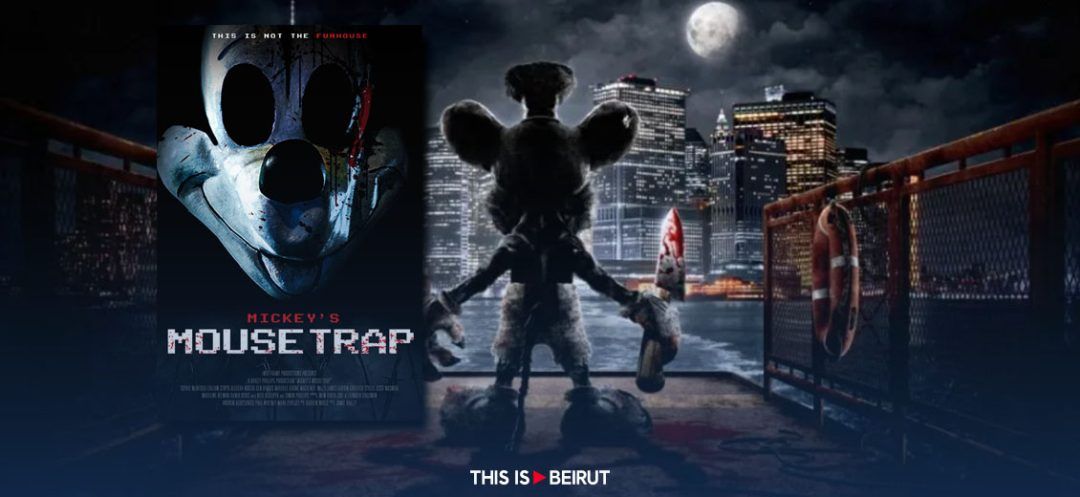
The recent expiration of Disney’s initial copyright on the character Mickey Mouse, a milestone event occurring 95 years after the release of Steamboat Willie, has sparked a sudden surge in the independent film industry.
Within just 24 hours, two indie horror films featuring the now-public domain character were announced, showcasing a bold move away from the traditionally cheerful and family-friendly image associated with Disney’s beloved mascot.
The first film, titled Mickey’s Mouse Trap, is directed by Jamie Bailey, who is known for embracing unconventional and often controversial themes. This film presents a stark contrast to the Mickey Mouse known worldwide, featuring a masked killer in Mickey’s guise. The setting, an amusement arcade, becomes a playground for horror as a group of young friends find themselves stalked by this macabre version of Mickey. Bailey’s approach is unapologetically irreverent. In a trailer released on YouTube, he remarks, “It’s Steamboat Willie’s Mickey Mouse murdering people. It’s ridiculous. We ran with it and had fun doing it and I think it shows.” The low-budget horror-comedy is slated for a March release, promising a blend of shock and humor.
Joining Bailey in this new frontier is filmmaker Steven LaMorte, already recognized for his 2022 slasher film The Mean One, inspired by The Grinch. LaMorte is crafting his own “twisted take” on Mickey Mouse, diving into the darker undercurrents he perceives beneath the character’s cheerful exterior. His vision aims to transform the joyous legacy of Steamboat Willie into a source of “pure, unhinged terror,” as per his press release. Production on this untitled film is set to begin in the spring.
These projects mirror the approach taken in Winnie-the-Pooh: Blood and Honey, a micro-budget slasher film that gained significant attention last year following the expiration of the copyright on A.A. Milne’s books. This trend of reimagining classic characters in horror settings seems to be gaining traction, challenging the boundaries of copyright laws and public domain material.
Despite the excitement in indie film circles, Disney is closely monitoring these developments. The company has issued statements reinforcing their intent to protect their rights over modern versions of Mickey Mouse and other characters that remain under copyright. They also warn of potential legal actions against any projects that might cause consumer confusion or seem to be endorsed by Disney.
However, LaMorte remains undeterred. Speaking to Variety, he emphasized his commitment to ensuring clear differentiation between his work and Disney’s properties. “We are doing our due diligence to make sure there’s no question or confusion of what we’re up to,” he stated, “This is our version of a public domain character.”
This unfolding situation marks a significant moment in the history of copyright law and the entertainment industry. It poses questions about the limits of creative freedom, the evolution of iconic characters in the public domain, and the ongoing clash between indie creativity and corporate intellectual property rights.
With AFP
Read more



Comments